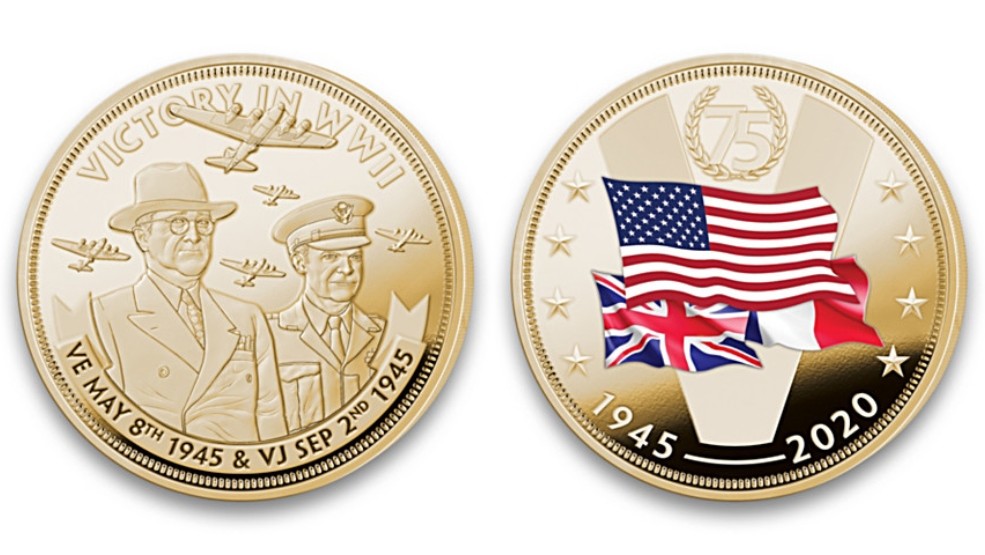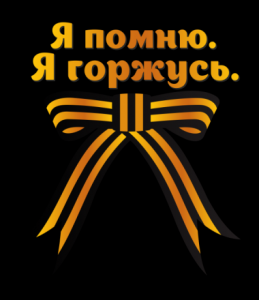Reading time: 6 minutes
This is my translation of WWII documentary article, published in “Argumenty i Fakty” on the 27th of March 2014.
Last year, 70 years later, the title of Hero of Russia (posthumously) was awarded to a resident of Soviet intelligence in Crimea, Alime Abdenanova.

Alime Abdenanova was a simple Crimean girl.
I leaf through a copy of the personal dossier of the Soviet intelligence resident in the Crimea, “Sofie”. These 15 sheets of Soviet military intelligence were long guarded, and got declassifying only in January 2008. The chiefs did not make a mistake in selecting her call sign, “Sofie”, which, in translation from the Tatar, means “pure, faithful”… And so was a Crimean Tatar Alime.
The individual case contains dry, standard words: was born in a suburb of Kerch on January 4, 1924, Tatar, finished seven years. Here is her receipt of observance of military secrecy, Komsomol card, presentation to the Order of the Red Banner, it even mentions her civilian salary – 375 roubles.
It would seem that’s a common characteristic of one of the thousands of Soviet military intelligence agents, who became a cog in a vast mechanism of Victory. Only one detail: thousands of Red Army soldiers who fought for the liberation of Crimea owe their lives to her. In her radiograms the girl passed on information about the transfer of German and Romanian troops through the station Sem’ Kolodezjej (Seven Wells). It is by her intelligence that our pilots bombed in Kerch fascist trains with soldiers and equipment. She held out in the German rear for six months. All in all, the fate measured out to Alime 20 years and 3 months of life.
So whose was Crimea?
On the eve of the war, Nazi historians gave Hitler some food for thought, saying that in ancient times Crimea was first settled by Goth tribes. And the Führer decided to ascend the peninsula to Germany, turning it into the country of the Goths – Gotenland, and making Crimea, after the war’s end, a resort area for the tops of the Third Reich.
Our troops – the 4th Ukrainian Front and the Special Coastal Army – reached the peninsular on autumn of 1943. But they could not overcome the German defence. They went almost blindly: there was no intelligence about the number and disposition of the German troops, and only the single line of defence of Kerch stretches for 70 km.
The groups of Soviet intelligence sent to the Crimea disappeared one after another. They were opposed by powerful groups of Abwehr (military intelligence and counterintelligence. – Ed.) – more than 30 groups whose activities were supervised personally by the head of the Abwehr, Wilhelm Canaris.
The decision of the Soviet intelligence was unexpected – they decided to send to Crimea a female spy group from among the Crimean Tatar. But such candidates were not in reserves of the intelligence. Searches were conducted across the country. In the Krasnodar hospital there worked a nurse Alime – Crimean Tatar, Komsomol member, athlete, blue-eyed girl with brown hair, who came from those parts.
They told at the hospital that before she went to the front, the beauty went to a dance at the local club – to dance, as it turned out, the last waltz in her life…
For two weeks Alime participated in the special training program for intelligence: skydiving, studied ciphers, methods of agent recruitment. Natural courage and quick-wittedness helped Alima to become a commander of a scout group, consisting of two people – the second was a radio operator, a merry Larissa Gulyachenko with the call sign “Proud”. Command intelligence gave Larissa the following description: “Truthfully, not afraid of difficulties, resourceful, dreamy.” Who could have known that everything in fact would turn out to be the opposite.
In early October, a small “plywood” plane, punching Crimean rainy night, dropped the group in the steppe. On landing Alime injured her leg and, leaning on the radio operator, reached with difficulty her birth-village of Germai-Kachik.
Seeing her granddaughter, grandmother Revide just threw up her hands, while a younger sister Azife was happy. Grandmother, of course, guessed that Alime’s girlfriend Taisia (the name that was given to the radio operator) appeared in the village not only in order to visit relatives. Later it will be recorded in the personal file of the resident, that she was able to organize an extensive intelligence network from her relatives and co-villagers, which promptly supplied the front with information on the nature and system of fortifications, deployment of troops, headquarters, clustering of manpower and equipment of the enemy. When the radio sessions were held, her little sister went out into the yard and upon noticing strangers, she would laugh loudly and sweep the streets so that the dust was raising as a pillar – a danger sign for the radio operators.
Radiograms to the Center went almost every day. Using data from only one such transmission, our bombers punched into the dust 42 cars with enemy manpower. Alime and her radio operator were awarded the Order of the Red Banner.
Betrayed by her own
They weren’t sitting idly in the Abwehr either. The Germans began to realize that Soviet intelligence is working under their noses. Team “Hercules” distinguished itself, the head of which soon proved to Canaris that a Russian “radio-mole” works in Kerch. A radio finder was summoned from Simferopol, and spotted a station near the village of Germai-Kachik. There were only a dozen of houses there, and it was easy to deduce in which one the radio operator was working. Together with the Germans, there came to grandmother Revide’s house… the radio operator “Proud.” That very same “Proud” Larissa Gulyachenko, who having seen how the partisans were tortured, betrayed the whole group.
Gulyachenko attacked the younger girl, demanding to be shown where she re-hid the station. Azife, protecting her sister, tried to keep quiet, but when the Germans threatened to shoot her grandmother and burn the house, she showed the hiding place in the barn.
Alime was taken to the town of Stary Krym, and thrown into solitary confinement. She was not allowed to sleep, starved, the nails were pulled from her fingers, her arms were broken. An underground fighter, Tamara Stroganova, inmate of the same prison, recalls: “I knew Alime well. My brother loved to dance with the lithe mobile girl. Large blue eyes. And then I hardly recognized her: in the bloody dress, with broken arms, bruised, once splendid hair were almost completely torn out. Seeing me, Alime put a finger to her lips as if to say: You do not know me… I’ve never seen her after that.”
According to some sources, spies were shot on the outskirts of Simferopol, in the vicinity of the farm “Krasnaja”. There the fascists threw about 300 Crimeans, including those still alive, into a concrete pit.
Alime’s niece Dzhevar Assanova tells:
– One of our elders told me that the soul Alime is flying over the village and can not find the rest. At first we did not believe, and then began to collect money for the monument to Alime. And we set it – near the road Kerch-Simferopol. Praised be Allah, the soul of Alime is in peace.

Money for the monument to Alime were collected by family and friends. Photo: From the family archive





 Knowing my grand-uncle’s name, family name and patronymic, as well as his year of birth, I managed to locate him, and what I learnt, confirmed those disjointed memories I had of him from my childhood. I vaguely remember his face, and more his blazer, covered in orders and medals. He used to visit us in Moscow between 23rd of February and the 10th of May, celebrating Victory Day and meeting with the ever-thinning numbers of his brothers-in-arms. From the stories, re-told by my mother, I knew that he fought in the War as part of a tank division. That he was at one point surrounded, cut off from the main force for several months. That for some time he was presumed dead, until their company managed to reunite with the main force. That at another point he received a heavy concussion, but returned into the ranks. And that he finished the War in Berlin. But not much more. People’s Memory allowed me to go deeper and see his path and the deeds that lead to the awards.
Knowing my grand-uncle’s name, family name and patronymic, as well as his year of birth, I managed to locate him, and what I learnt, confirmed those disjointed memories I had of him from my childhood. I vaguely remember his face, and more his blazer, covered in orders and medals. He used to visit us in Moscow between 23rd of February and the 10th of May, celebrating Victory Day and meeting with the ever-thinning numbers of his brothers-in-arms. From the stories, re-told by my mother, I knew that he fought in the War as part of a tank division. That he was at one point surrounded, cut off from the main force for several months. That for some time he was presumed dead, until their company managed to reunite with the main force. That at another point he received a heavy concussion, but returned into the ranks. And that he finished the War in Berlin. But not much more. People’s Memory allowed me to go deeper and see his path and the deeds that lead to the awards.





